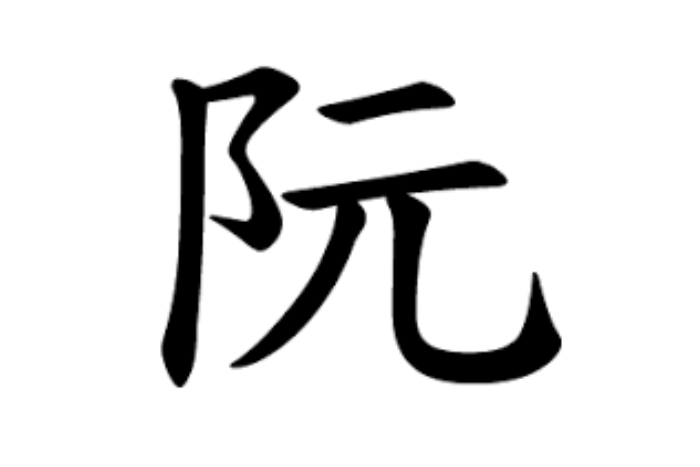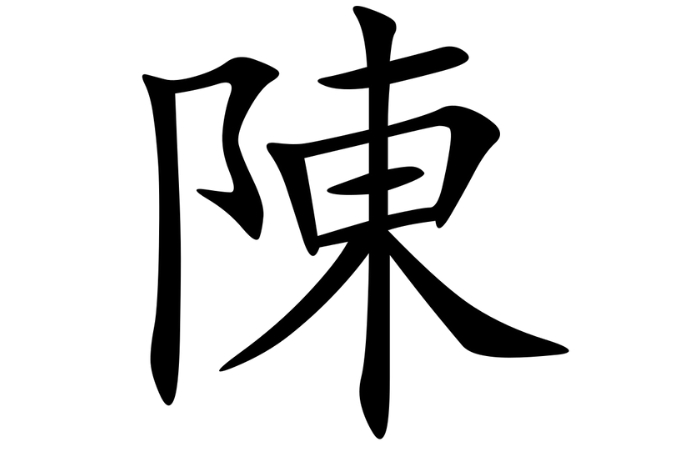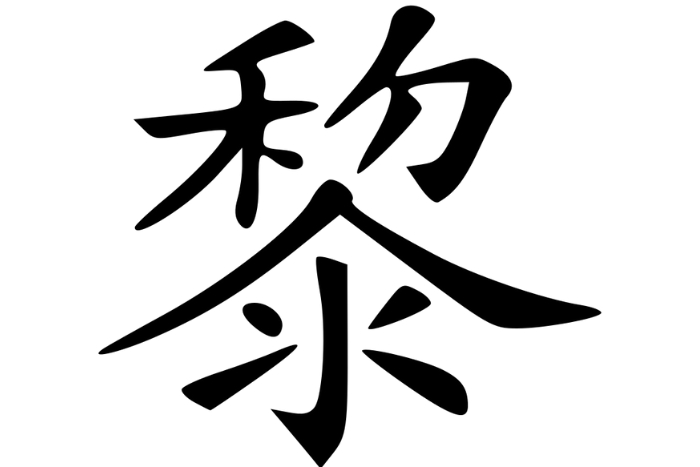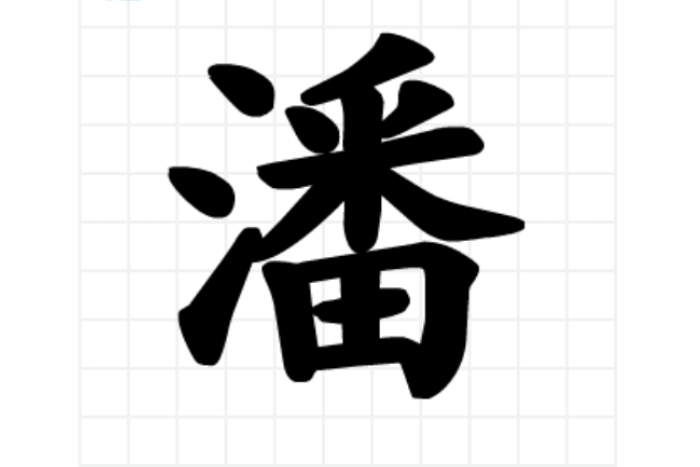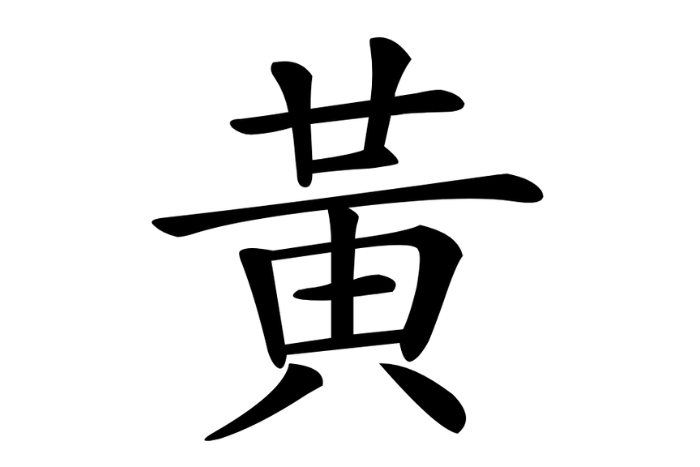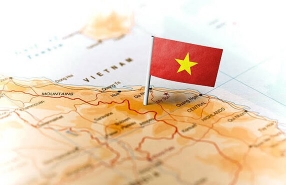Vietnam, with its rich history and cultural diversity, is a country where family names in Vietnam play a central role in the identity of individuals and communities. Vietnamese surnames are more than just labels; they carry deep meanings, reflecting centuries of traditions, beliefs, and family values. This article explores the origins, meanings, and significance of Vietnamese last names.
I. Introduction to Vietnamese last names
Family names in Vietnam often bear a rich history and strong cultural significance. Each Vietnamese surname is not only a personal identifier but also a link to ancient lineages, family values, and significant episodes in national history. Some family names, such as Nguyễn or Trần, are associated with ruling dynasties and evoke specific periods in Vietnamese history, while others, like Phạm or Lê, are synonymous with bravery, loyalty, or wisdom.
In Vietnamese culture, the family name traditionally precedes the given name, emphasising the importance of family and ancestors in every individual's life. This naming system also reflects the influence of Chinese culture, which shaped Vietnam for centuries, while integrating into a distinct Vietnamese identity.
The transmission of Vietnamese last names is a respected tradition in the country. It is typically passed down from father to son, ensuring the continuity of the family lineage. Vietnamese families place great importance on preserving their family name, as it represents not only their heritage but also their honour and responsibility to their ancestors.
The Vietnamese name (in Vietnamese: Tên người Việt Nam) generally consists of three parts following this structure:
Vietnamese Full Name = last name + middle name + first name
Vietnamese last name (surname or family name) Usually passed down from the father, but it can be combined with the mother's family name to form a compound surname.
Middle name (Tên giữa, tên đệm): Normally a single name, but sometimes multiple names or no name at all.
First name (or given name) (Tên gọi chính): Typically a single name, but sometimes multiple names, used in this order, though not all names conform to this structure.
For Example:
Vietnamese full name | Last name | Middle name | First name |
| Nguyen Ngoc Van | Nguyen | Ngoc | Van |
| Nguyen Cao Ky Duyen | Nguyen Cao | Ky | Duyen |
| Pham Luu Tuan Tai | Pham Luu (combination of father's and mother's last name) | Tuan | Tai |
|
| Tran Ngoc Anh | Tran | | Ngoc Anh |
| Ngo Thi Mai | Ngo | Thi | Mai |
| Truong Nu Hien Thuc | Truong Nu (last name generation) | Hien | Thu |
|
| Tran Thi Xuan | Tran | Thi | Xuan |
In contemporary Vietnamese society, while traditional values associated with Vietnamese last names remain strong, there is also a noticeable evolution. With the country's opening to the world and the growing influence of Western culture, some Vietnamese, particularly those in the diaspora, adopt foreign given names or family names. However, even in these cases, the Vietnamese family name is often retained as a symbol of cultural identity and family roots. For example: Jennifer Pham, Victor Tri Nguyen, Gemini Hung Huynh,...
Vietnamese surnames are much more than simple identifiers. They are a vital link to the past, a marker of cultural identity, and a heritage that each generation must preserve and pass on. Through their Vietnamese family names, people honour their history, culture, and ancestors, continuing a tradition that plays a crucial role in contemporary Vietnamese society.
In summary, Vietnamese last names are far more than just labels: they are markers of belonging, historical continuity, and community ties, playing an essential role in transmitting traditions and values across generations.
II. The most popular Vietnamese last names
In Vietnam, family names embody the continuity of cultural values across the centuries:
1. Nguyễn
The surname Nguyen is the most prevalent in Vietnam, with around 40% of the population bearing it. It has Chinese origins, derived from the charcter "阮" (Ruan in Mandarin), and is also present in other East Asian countries, like China, Korea, and Japan, albeit with different spellings.
The surname Nguyen name dates back to the Chinese Han and Tang dynasties, but it is most closely associated with the Nguyễn royal dynasty, which ruled Vietnam from 1802 to 1945. This dynasty is recognized as one of the most powerful and influential in Vietnamese history, leaving an indelible mark on the country.
Traditionally, this Vietnamese name is interpreted as meaning "originating from the first generation" or "first descendant." It embodies values such as loyalty, justice, and integrity, and those who bear it are often seen as reliable and respected individuals in Vietnamese society.
However, due to its widespread popularity, the surname Nguyen can sometimes pose challenges internationally, particularly for Vietnamese people who travel or interact with others from different cultures. In some cases, to distinguish themselves from other Nguyễn, it is not uncommon for Vietnamese people to use their given name followed by their family name when introducing themselves abroad.
2. Trần
The surname Tran is among the most common in Vietnam, second only to the widely prevalent Nguyen surname. It has Chinese roots, originating from the character "陳" (Chen in Mandarin), and is also widely found in China and Taiwan. In Vietnamese culture, the name Trần is often linked to ideas of expansion and growth, embodying qualities like perseverance, tenacity, and determination. People with this surname are frequently seen as diligent, resilient, and ambitious.
In Vietnam, this Vietnamese last name is closely linked to the history of the Champa kingdom, an ancient civilization located in the central region of the country. The Trần dynasty, which ruled Vietnam from 1225 to 1400, is particularly recognized for its crucial role in defending the country against Mongol invasions, contributing to the shaping of Vietnamese national identity.
The Tran surname is also present among several minority ethnic groups in Vietnam, such as the Tày, Nùng, and Thái, highlighting its widespread influence across different regions and cultures in the country.
3. Lê
The Le surname has its roots in the Chinese character "黎" (Lí in Mandarin). Although common in China, it is pronounced differently there. In Vietnamese culture, Lê is often interpreted as meaning "clarity" or "brightness," and it is closely linked to values such as intelligence, wisdom, and nobility. Individuals bearing this name are often seen as educated, insightful, and highly respected within Vietnamese society.
This Vietnamese last name is particularly widespread in northern Vietnam, although it is also found in other regions of the country. It thus serves as a symbol of cultural distinction, reflecting not only Vietnam’s history but also the admired traits in the communities where it is carried.
4. Phạm
The Pham surname is one of the most common Vietnamese surnames, widely recognized and borne by numerous emblematic figures, both historical and contemporary. Derived from the ancient Sanskrit word "Pha" or "Pho," meaning "Leader," this name embodies qualities of courage, leadership, and loyalty. Phạm is deeply rooted in Vietnamese culture and is found throughout the country, symbolising a tradition of bravery and fidelity.
This Vietnamese family name has also been associated with several national heroes and influential personalities, which reinforces its prestige and resonance in Vietnamese history. Whether in the military, scholarly, or political spheres, those bearing the Phạm name are often viewed as models of dedication and moral strength.
5. Huỳnh / Hoàng
The Vietnamese surnames Hoàng and Huỳnh, though distinct in appearance, are actually regional variants of the same Chinese name. Hoàng is primarily used in northern Vietnam, while Huỳnh is more common in the southern regions. This name is traditionally associated with nobility and prosperity and has been borne by many influential families throughout history of country.
Bearers of these names are often linked to prestigious lineages, and these names evoke a heritage of wealth and high social status. Due to their association with power and influence, the names Hoàng and Huỳnh hold particular significance in Vietnamese culture, symbolising not only noble ancestry but also the ability to prosper and play important roles in society.
Additionally, many other Vietnamese family names exist, such as those mentioned below:
Phan
The surname Phan is also highly respected in Vietnam, though less widespread than others. It has been borne by several important figures in Vietnamese history and is associated with values of wisdom and leadership.
Vũ / Võ
Similar to Huỳnh and Hoàng, the Vietnamese surnames Vũ and Võ are regional variants of the same name. Vũ is more commonly used in northern Vietnam, while Võ is more prevalent in the south. This name is traditionally associated with martial values, bravery, and strength. In Vietnamese, it evokes the image of a courageous warrior and a resolute protector, embodying qualities such as heroism and integrity.
Đặng
The surname Đặng is another common Vietnamese last lastname, though less frequent than those mentioned above. It is associated with several important personalities in Vietnam and is considered a prestigious name.
Bùi
The surname Bùi is less common than some others on this list but is still widely borne. It is often associated with cultural heritage and ancient lineages in Vietnam.
Đỗ
Finally, the surname Đỗ is a respected Vietnam name, known for being borne by families with a long history in the country. This name is associated with resilience and perseverance.
These Vietnamese last names reflect the rich and complex history of the country, each being linked to a dynasty, a specific region, or distinct values. Each Vietnamese surname carries a part of the national identity and continues to play a crucial role in contemporary Vietnamese culture and identity.
How do Vietnamese people distinguish themselves when they have the same last name?
When sharing the same Vietnamese last name, people often distinguish themselves by their given name or by adding a unique middle name. Additionally, family contexts, professional titles, or nicknames may also be used to avoid confusion.
Are there any etiquette rules to follow when using Vietnamese last names?
Yes, in Vietnam, it is important to show respect by correctly using Vietnamese surnames. In formal interactions, it is common to add an honorific title before the surname, such as "Ông" (Mr.) or "Bà" (Mrs.). Using only the first name can be perceived as too familiar or impolite in certain formal situations.
Is it common for Vietnamese people to change their surname?
Changing a Vietnam name is rare, but it can happen for personal, religious, or political reasons. For example, some individuals have changed their surnames to avoid persecution or to integrate into a new community after a political regime change.


